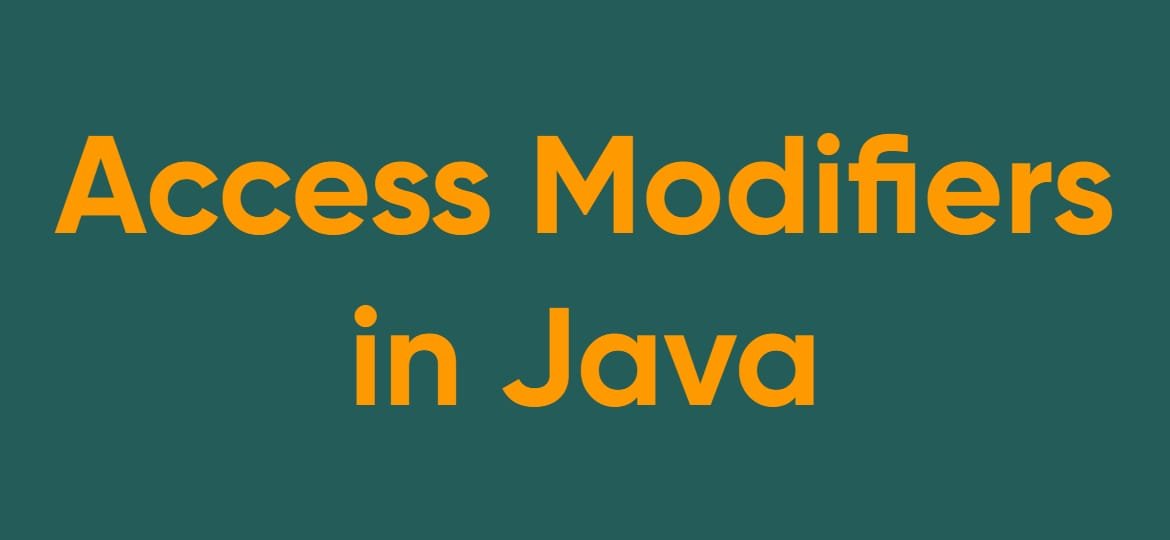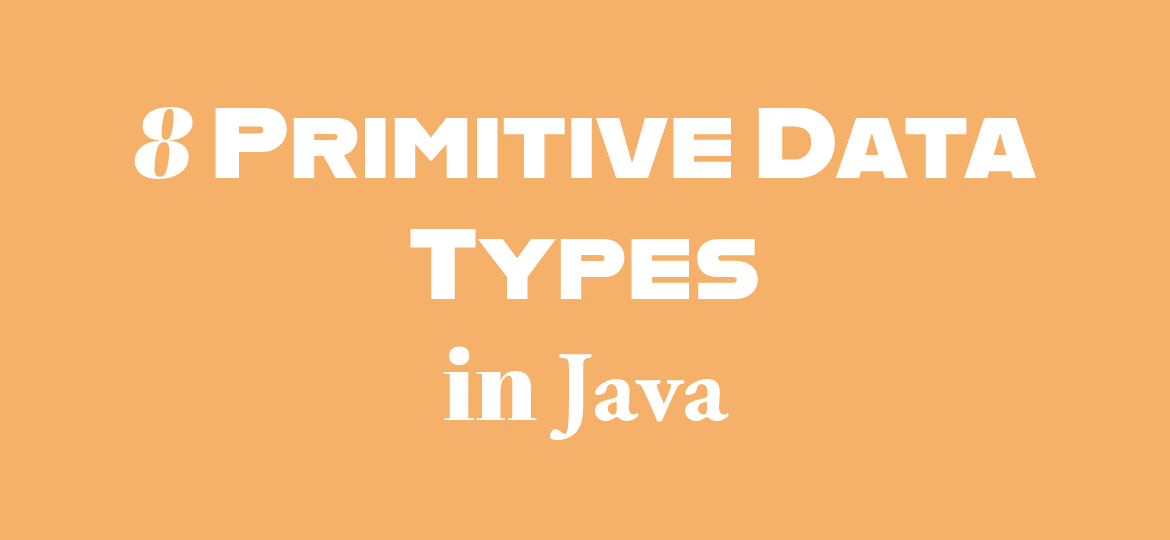4 Access Modifiers in Java: A Helpful Guide with Examples
What are Access Modifiers in Java? The access modifiers in Java are keywords that determine the visibility and accessibility of classes, methods, and variables. The access modifiers in Java help in encapsulating data and controlling how different parts of a program interact with each other. Java provides four types of access modifiers: Private Default (Package-Private) Protected Public Each modifier has different access levels. Let’s explore each of them in detail with examples. Private Access Modifier The private modifier restricts access to members (variables and methods) within the same class. It means that private members cannot be accessed outside their defining
8 Primitive Data Types in Java: A Complete Guide with Examples
What Are Primitive Data Types? Java is a statically typed language, meaning every variable must have a specific type. The fundamental building blocks of data handling in Java are primitive data types. These types represent simple values and are not objects, making them highly efficient in terms of memory and performance. There are eight primitive data types in Java, categorized based on the kind of values they store. These are: byte short int long float double char boolean Unlike reference types (objects), primitive data types in Java store actual values rather than references to objects. They are stored in stack


